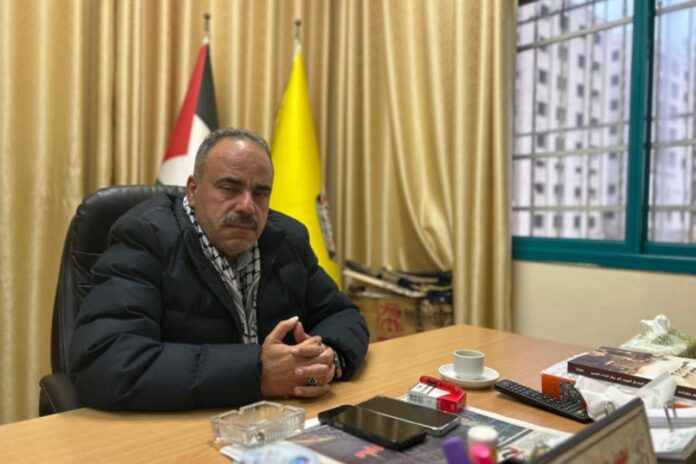In the heart of the West Bank, tensions are rising as Hamas continues to challenge the Palestinian Authority (PA), led by Fatah. The two groups, once united, are now bitter rivals. Fatah holds power in the West Bank, while Hamas governs Gaza after a bloody split in 2007.
Mohammad Hamdan, Secretary General of Fatah, believes the return of Donald Trump to the White House could significantly weaken Hamas. He predicts that Trump’s hardline stance against Iran will cripple Hamas by cutting off their external support. “Once Iran’s influence is gone, Hamas will have no choice but to rethink their role,” he said.
The PA is also dealing with increasing clashes with Hamas supporters, especially in the Jenin refugee camps. Recently, extremists paraded two stolen PA vehicles while waving Hamas and ISIS flags, escalating the tensions. In response, Palestinian security forces have taken swift action, even killing several militants.
Despite the internal conflict, Hamdan insists that the PA remains committed to peace and realistic relations, even with the US. “We know that real peace requires working with others, even those with whom we have disagreements,” he said.
While Hamdan and others criticize Israel’s settlement growth, they remain clear on one point: they reject Hamas’ denial of international legitimacy, including United Nations resolutions.
As the situation evolves, there’s growing speculation about the future of Gaza. Some believe the PA might step in to govern Gaza after the conflict ends—though major reforms will be needed first.





